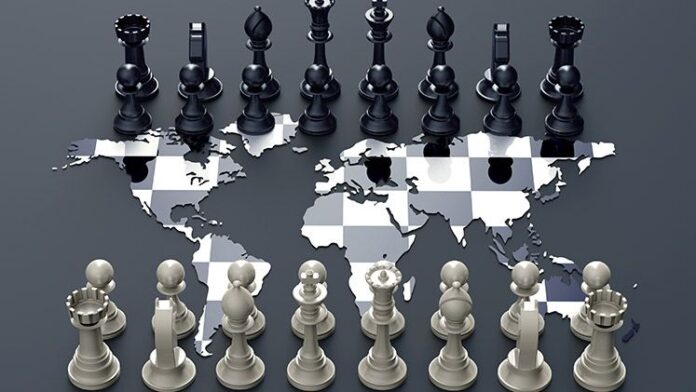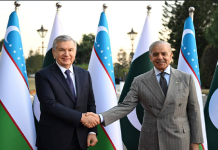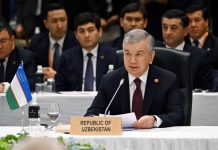Analysis by Samir Hümbətov
Although the EU-Armenia-USA summit held in Brussels, Belgium today(05.04.2024), and the signed agreement, on official documents, provide for economic and to some extent defense assistance to Armenia, in reality, it seems that this process is calculated for a longer-term strategy. Before this summit, the US Secretary of State Anthony Blinken and the head of the EU Commission, Ursula Von Der Leyen, called the President of Azerbaijan Mr. Ilham Aliyev, which indicates that the parties do not intend to undermine the relations with Azerbaijan because of Armenia, or do not seem to. Therefore, it is not difficult to see who this issue is directed against and what the goals are. The course of events and the happenings show that in the new world order, some regions are going to change hands between the world powers. The Russian-Ukrainian war, which started on February 24, 2024, is accelerating this process a little more. Armenia is rapidly being armed by France, India, Greece and Iran. PKK terrorists are brought to the region through Iran and the aim is to use those militants in the war against Azerbaijan. Thus, the states of the region are under serious pressure. Russia, which has played a dominant role in the region for many years, is being suppressed in the region. France is trying to come to the region under the shadow of the USA and the EU. They managed to do this to some extent by bringing the “civilian mission” of the EU to the Armenia-Azerbaijan conventional state border. Iran is still silent on Armenia’s recent steps and at the same time provides arms and military equipment. In other words, even though Iran considers the West, especially the United States, and NATO as its enemies, it does not voice Armenia’s rapprochement with them. In recent days, Russia has expressed serious concerns and dissatisfaction to Armenia and the West. At the same time, Turkey, the eternal and eternal ally of Azerbaijan, expresses its concern about the situation created by Armenia in the region through the Ministry of Foreign Affairs and Defense. After the second Karabakh war, the “Six Platform” (Azerbaijan, Georgia and Armenia + Turkey, Russia and Iran) proposed by Azerbaijan and Turkey has yet to fully become a reality. This causes the region’s problems not to be solved internally, but to be influenced by powers outside the region. Unlike India, China is busy observing what is happening in the region. Some time ago, an agreement in the field of defense worth 1.6 billion dollars was signed between Azerbaijan and Pakistan. According to this agreement, Azerbaijan plans to buy Chinese and Pakistani FJ-17 fighter jets and other necessary defense products from Pakistan in the next few years. Of course, the increase of Azerbaijan’s defense capability is not directed against any state or states. The goal here is to increase the defense capacity. Unlike Azerbaijan, Armenia itself and its supporting forces try to divert the armament with various pretexts, but they cannot hide what they intend to use against Azerbaijan. In a word, the situation in the South Caucasus is starting to get mixed up again. The already fragile peace in the region is getting weaker every day. The violation of the cease-fire by the Armenian side on the border again shows the footprints of the expected new military conflict in the region.
(Author,Samir Hümbətov,is a Political Director – Center of İnternational Relation and Diplomatic Studies Baku, Baku Ekonomic Zone, Azerbaijan).






